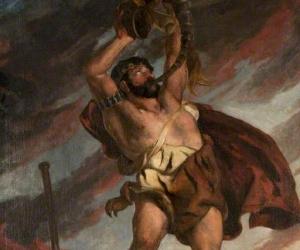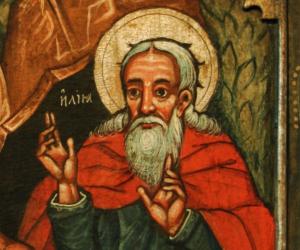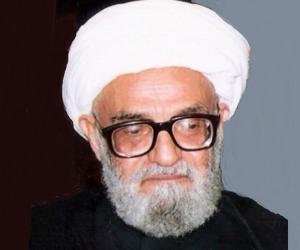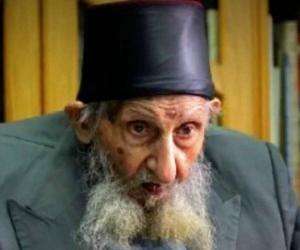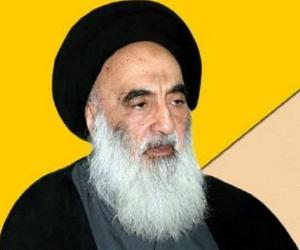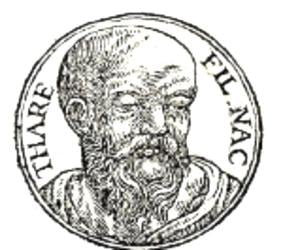1
Nimrod
(Biblical Figure)
Birthplace: Sangara
Died: 1638 BC
Nimrod was a biblical figure known for his role as a king in the land of Shinar. He was depicted as a skilled hunter and a powerful ruler who became renowned for his might and influence in the region. While some traditions attribute to him the construction of the Tower of Babel or Jacob's Ladder, historical records and king lists do not provide evidence of his existence. Nimrod's professional life remains shrouded in myth and legend, with no concrete historical connections established to Mesopotamia or the kingdom of Cush.
